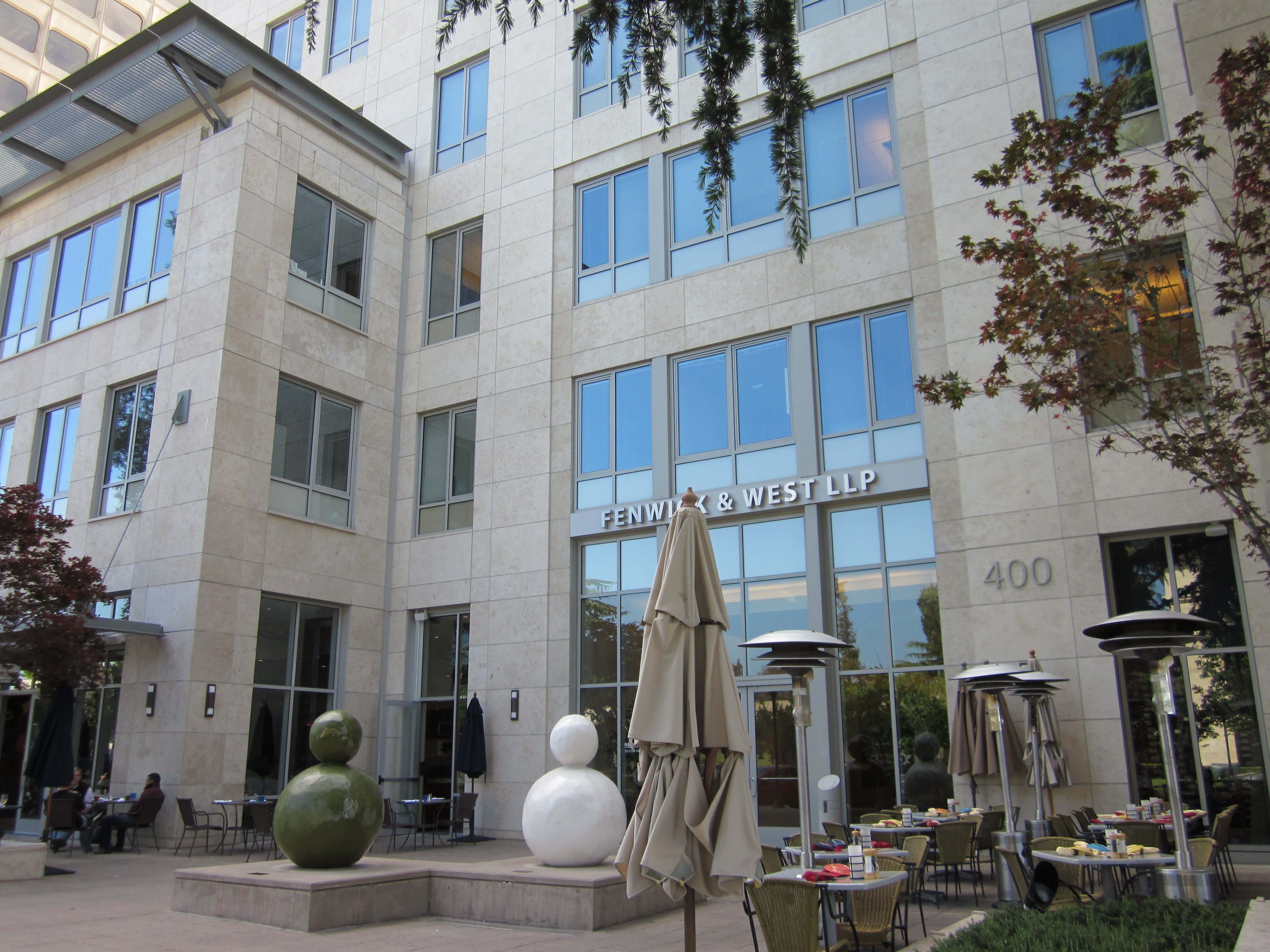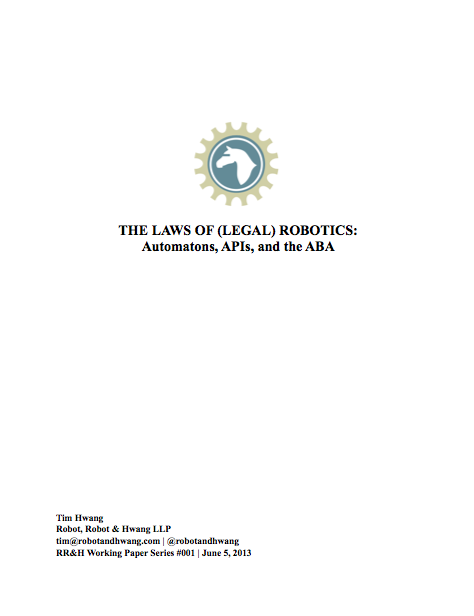The Legal Innovation Defense (LID) Fund
For some time, I’ve been talking to people about how to resolve a systemic issue in the legal technology industry, what you might call “The Uncertainty Loop.” It identifies at least one factor that inhibits the rise of innovative startups in the space, and contributes to the general state of inertia in modernizing legal practice.
“The Uncertainty Loop” is a simple idea – it works like this:
- legal uncertainty in the doctrine around unauthorized practice of law (UPL) exists, mostly as a result of unclear regulations and sometimes even less clear judicial decisions,
- this uncertainty creates risks for would-be entrepreneurs in the space, and also hinders the ability for those entrepreneurs to acquire capital to pursue innovative ideas,
- this creates a relatively weak field of underdeveloped tools, which hinders adoption within the legal industry,
- lack of adoption prevents momentum from gathering within the profession to clarify UPL rules and permit increased innovation activity, which starts the Uncertainty Loop again
The Uncertainty Loop is real: I’ve seen it hamper businesses built around amazing technology, block talent from entering the space, and suffocate in the crib numerous great ideas emerging in the community. While it doesn’t fully explain all of the systemic problems in cultivating a vibrant ecosystem of innovation in the legal industry, it is certainly an important part of it.
I was intrigued by a point made by LegalZoom co-founder Eddie Hartman at FutureLaw 2014 earlier this year. On a panel that largely centered around UPL issues, he noted that the landscape of legal technology is much better than what it was even a decade or so ago because successful legal technology companies have slowly gained the financial capital to challenge and fight UPL actions nationwide. The willingness to go into the ring on these cases has created a better balance of power between the bar associations and companies, and helped to force crystallization around the boundaries of UPL.
Everyone in legal technology interested in real change – companies, public interest activists, and lawyers themselves – have a collective interest in ensuring that UPL is not a barrier to continued innovation. UPL doctrines are intensely vague, and professional interest in keeping them that way drives the Uncertainty Loop. The issue is: how do we create effective shields that provide the critical balance of power with bar associations to all people working in legal technology, regardless of size or access to financial resources?
Today, I want to propose an idea I’ve been working on for awhile, and finally ready to push forwards. I call it The Legal Innovation Defense (LID) Fund. The idea is simple: the LID Fund will create a collective insurance program that provides a defense system against the low probability, high impact possibility that a new technology in the legal space will be later discovered to have engaged in UPL.








